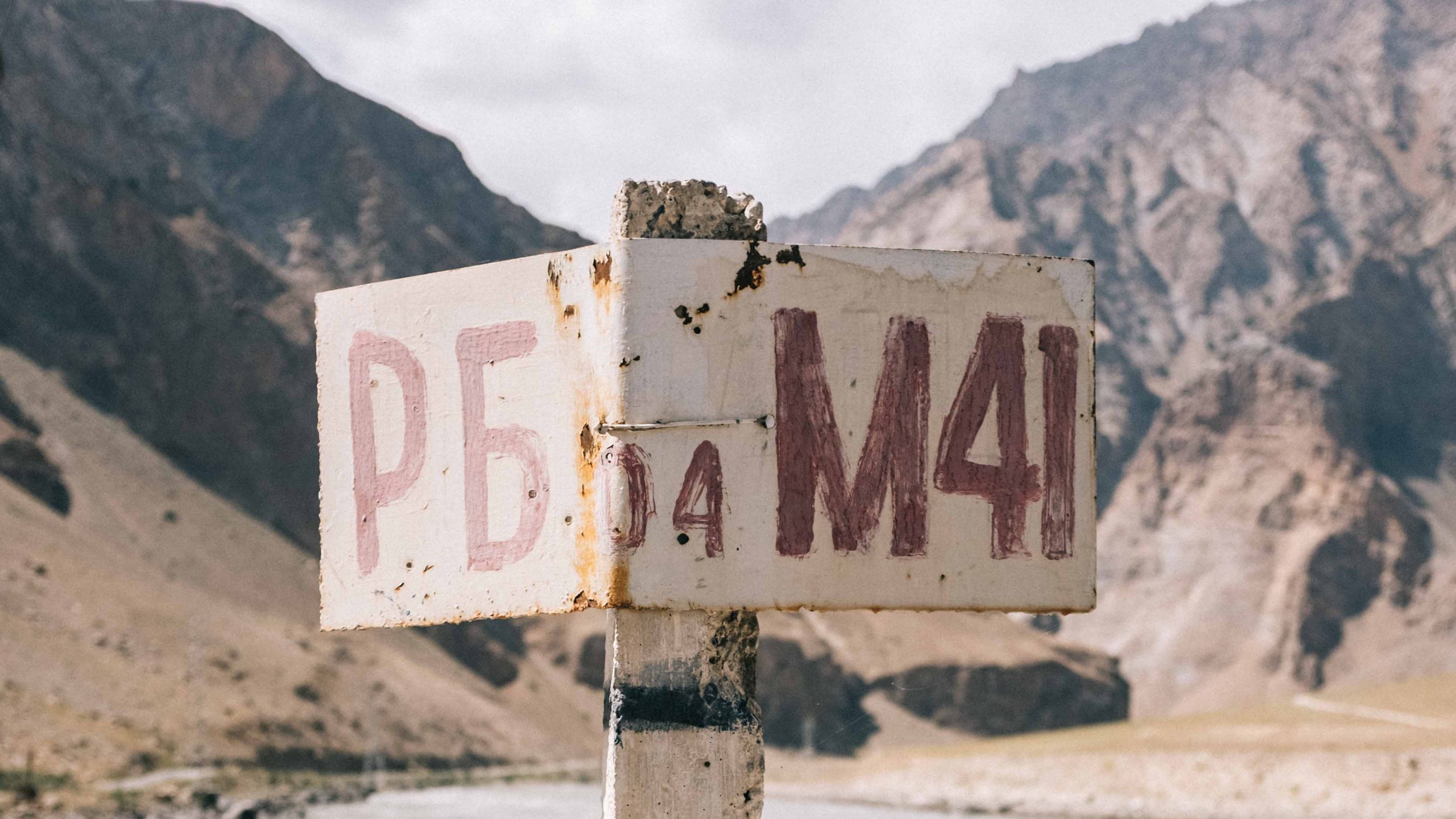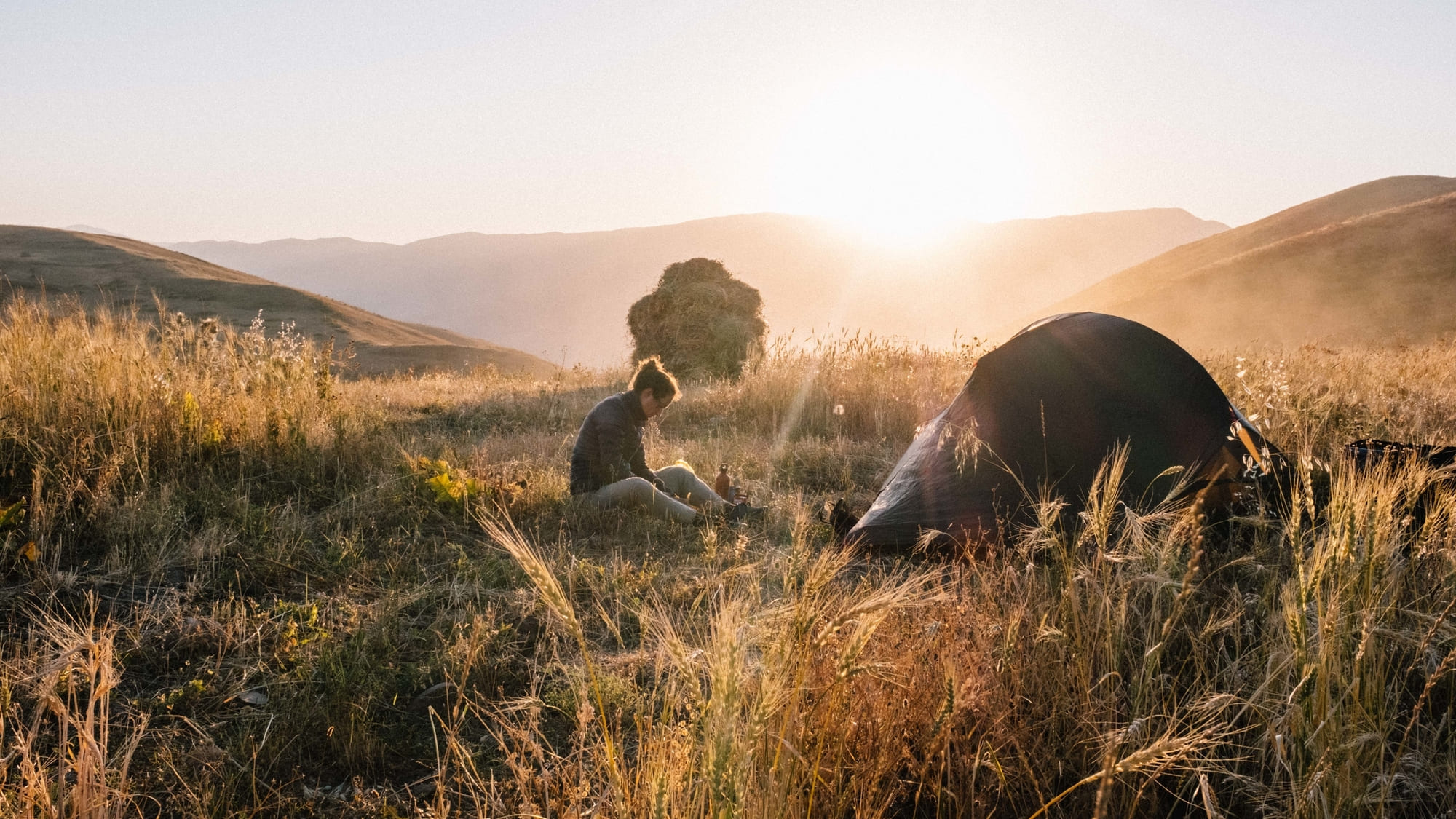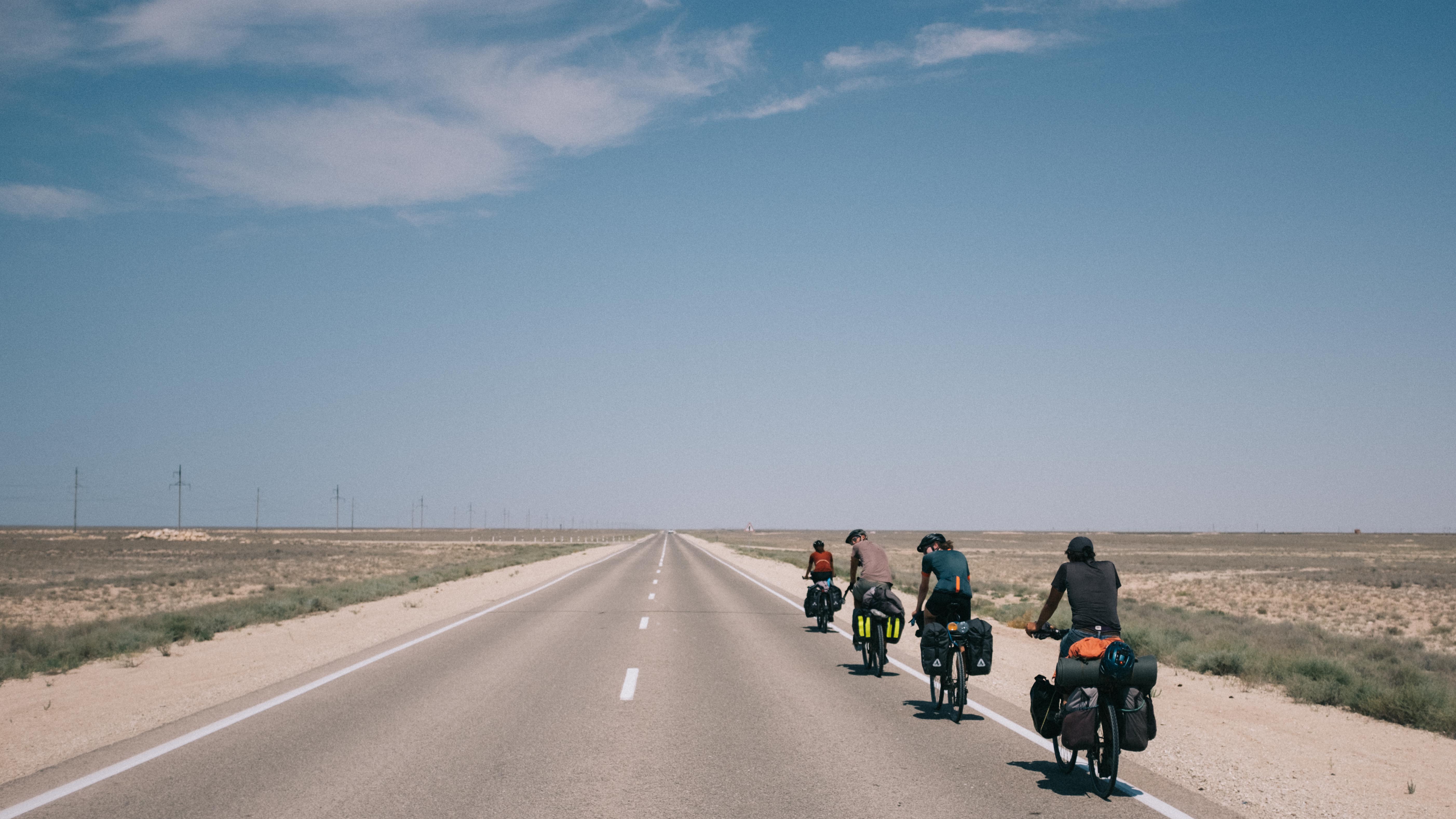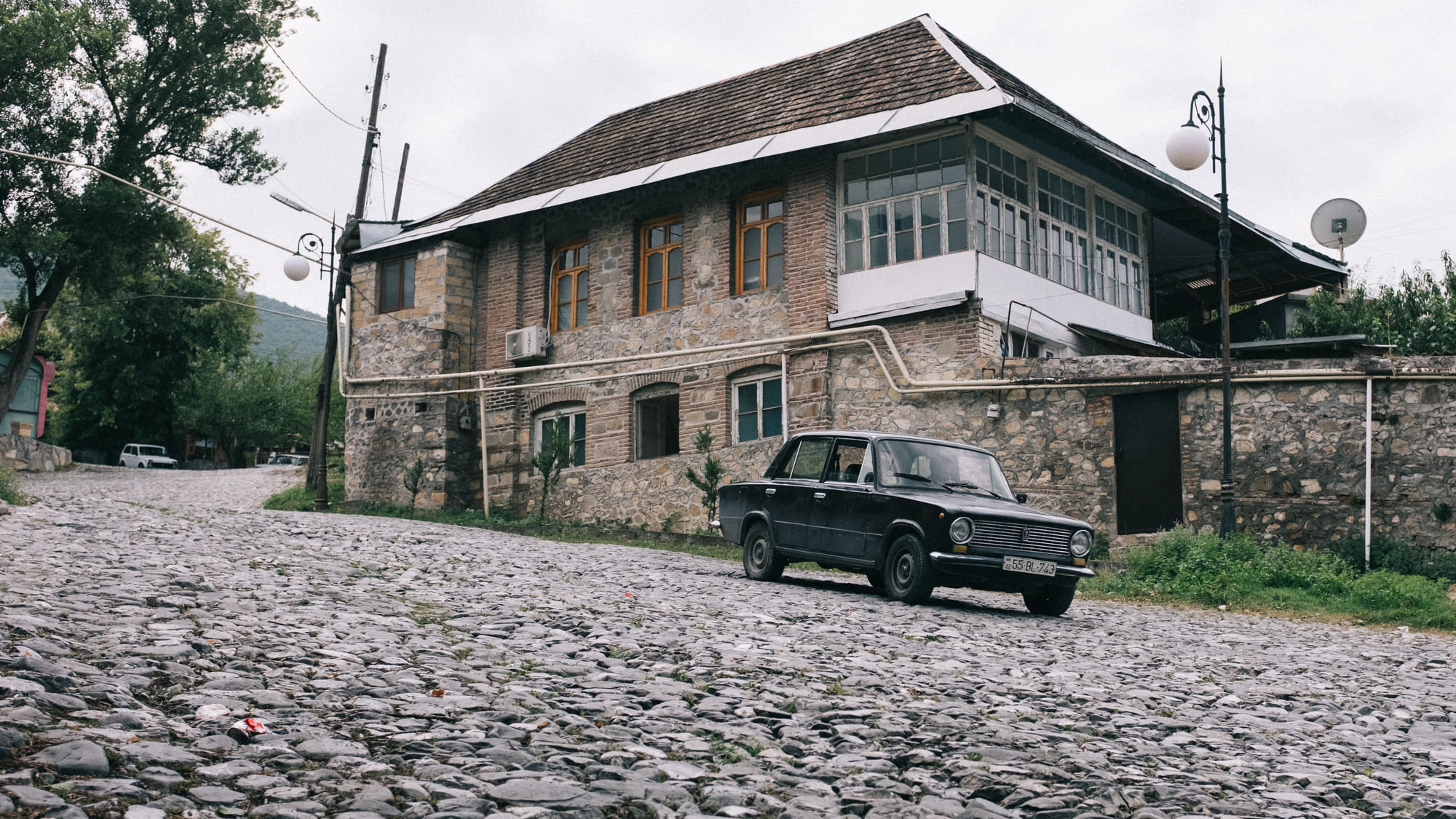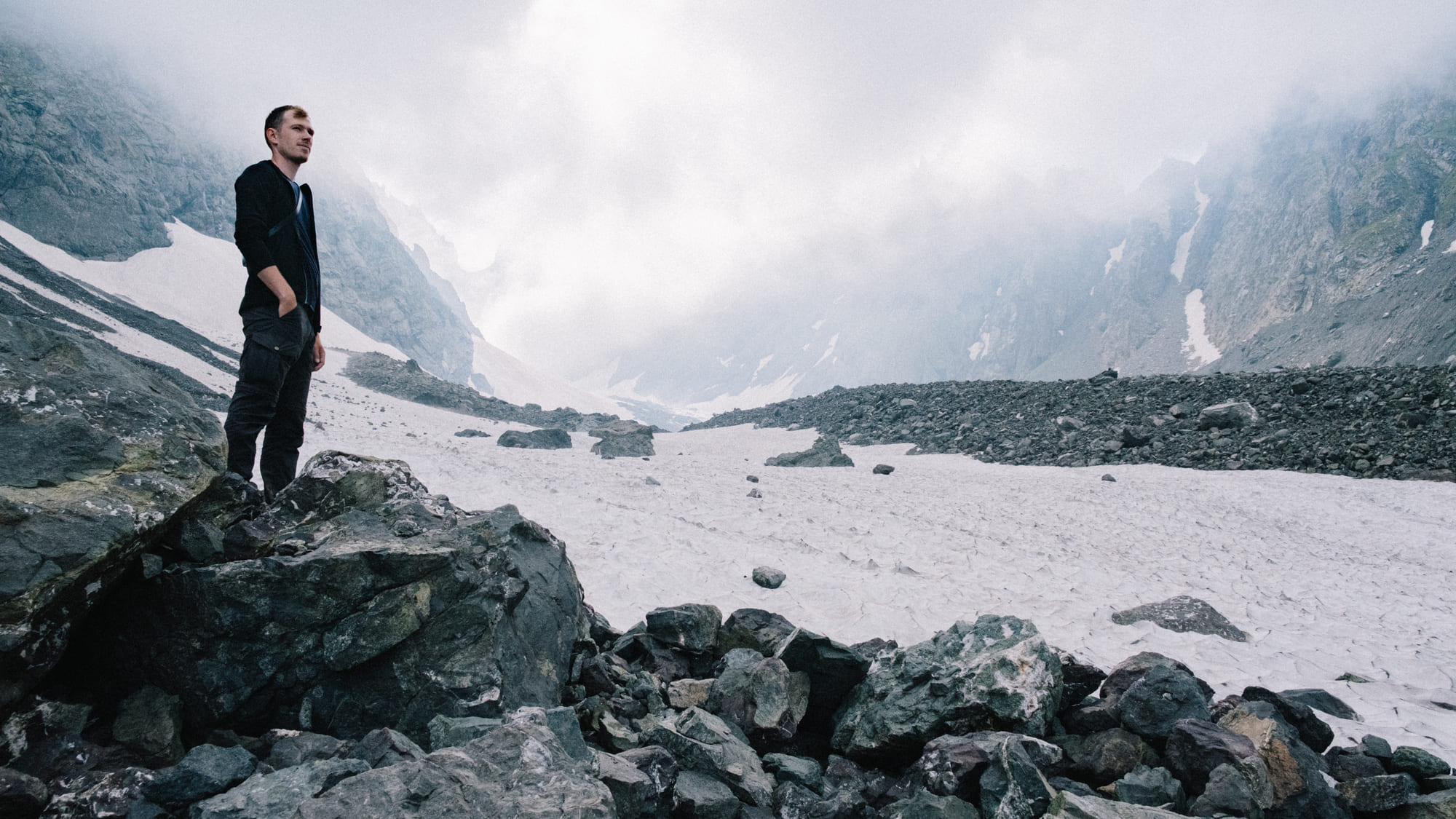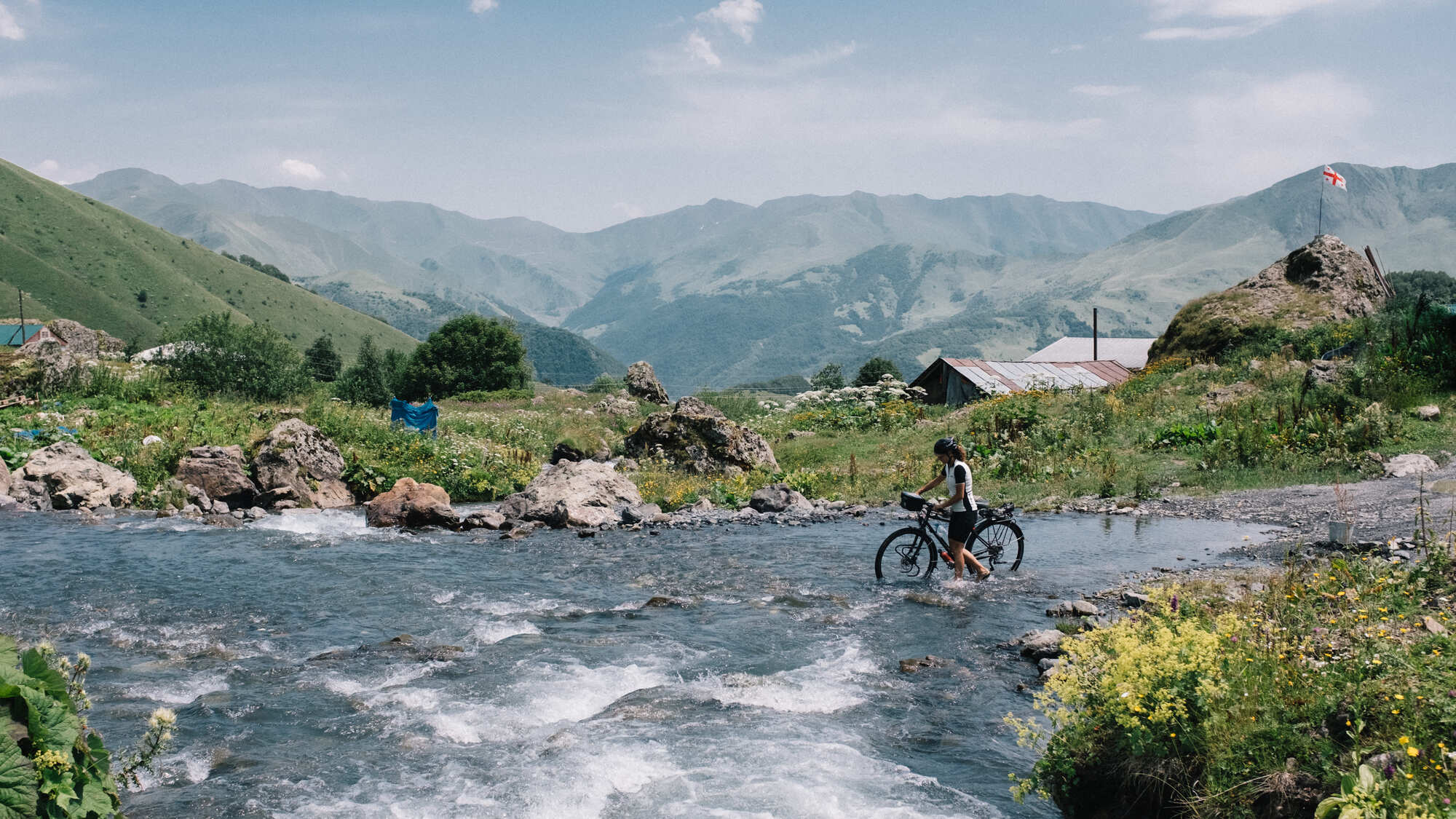Bikepacking
-
The Pamir Highway – Part II
The stretch between Qal’ai Khumb and Khorog was only 240 kilometers. But with bike issues, military visits and patients along the road it was a very eventful couple of days. There are a million amazing camp spots on the Pamir, but some days it seemed nearly impossible to find one. We were locked in between
Written by
-
Cycling The Pamir Highway – Tajikistan, Dushanbe to Qal’ai Khumb
The Pamir is adventure cyclists paradise. We spent a month in the beautiful landscapes of Tajikistan. We cycled the legendary Ak-Baital pass (4.655 m) and followed the Panj river.
Written by
-
Silk Road cycling in Uzbekistan
After an insane train ride we finally arrive in Uzbekistan. A country where the ancient Silk Road is more alive than anywhere else. With Khiva, Bukhara and Samarkand as its highlights, we cycle and hitchhike in the steps traders have set for centuries. It was great to finally get out of the train and start
Written by
-
Crossing the Caspian to Kazakhstan
Our journey east continues. This time not on two wheels, but across sea and over train tracks. From Baku, Azerbaijan we set sail towards Kuryk, Kazakhstan. A place we would never have expected to find ourselves.
Written by
-
-
Georgia part II
The higher we go in to the mountains, the more beautiful nature seems to get. Georgia’s majestic nature might have tried to break us, but it left us stronger than ever. It’s hard work and we love it.
Written by
-
Georgia part I
It’s been only a week, but we are both exhausted. We are regaining some much needed energy in the Georgian mountains near the Chechen and Dagestan border. Clouds fall like waterfalls over the surroundings peaks, and we ourselves find our head in the clouds too at times. Let us tell you how we got here.
Written by

